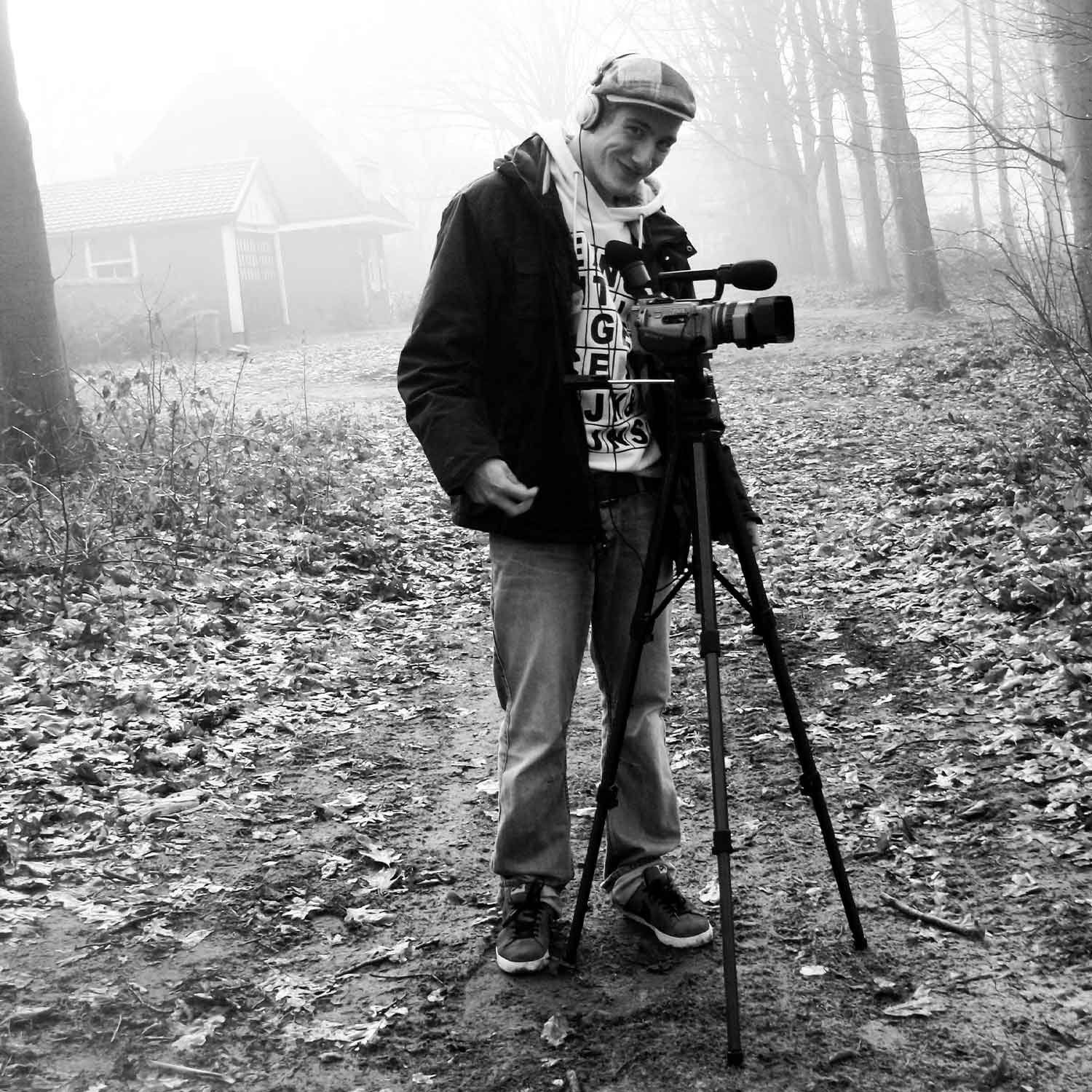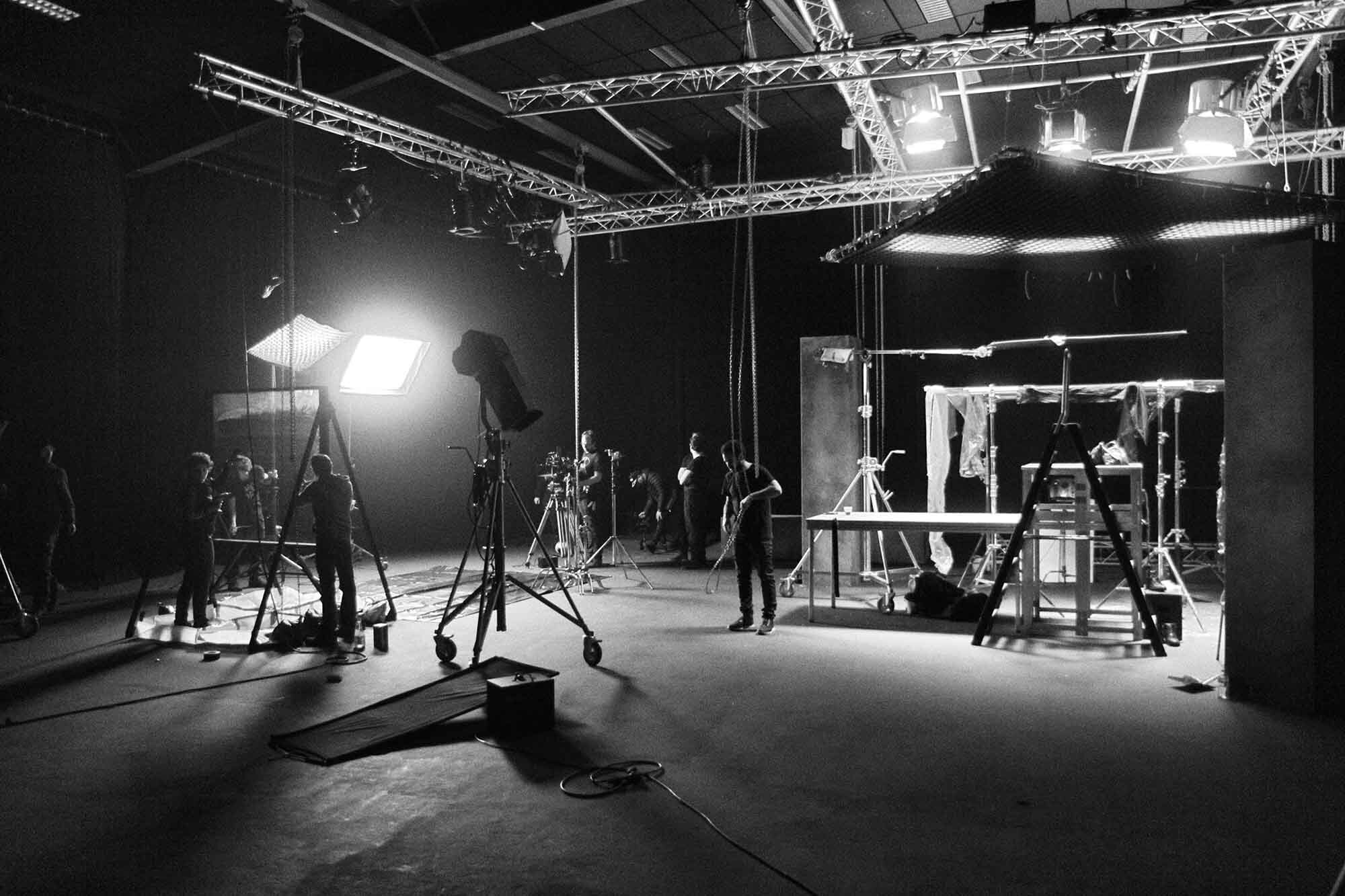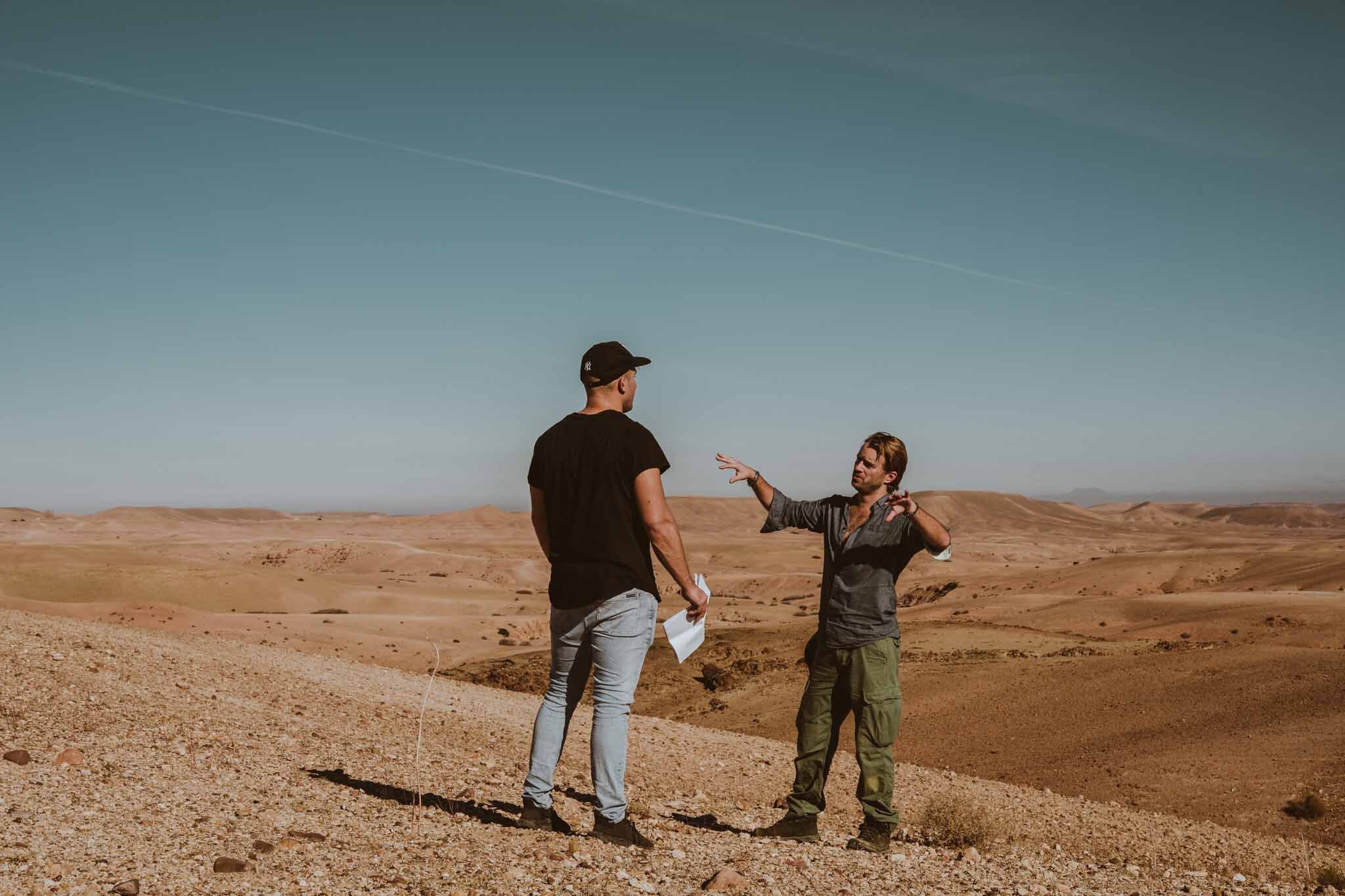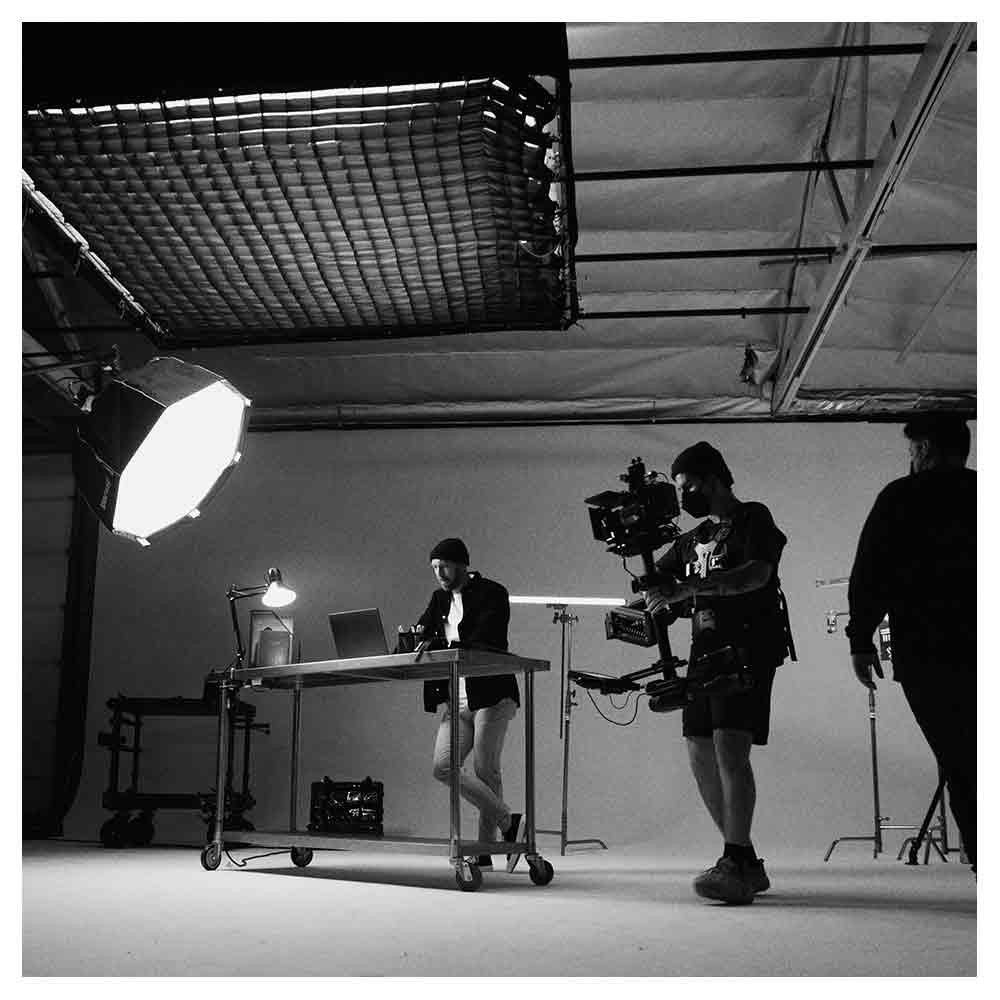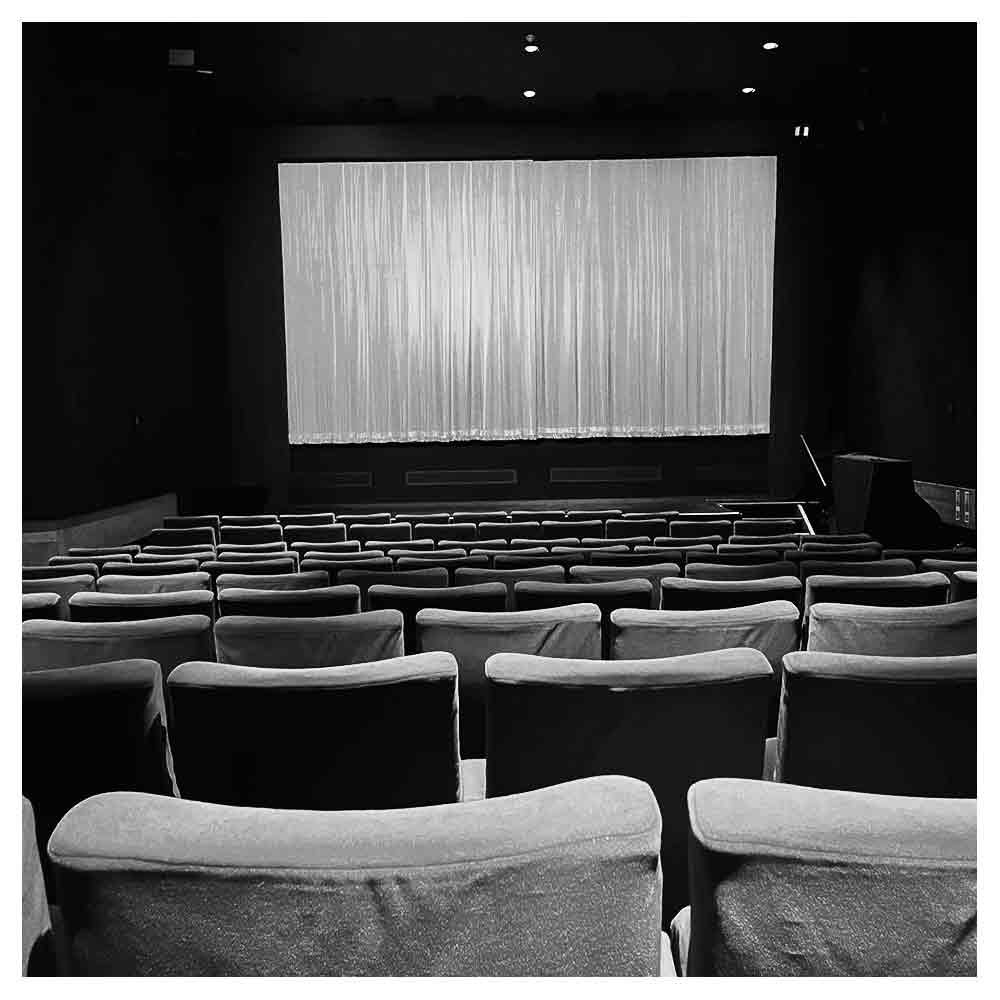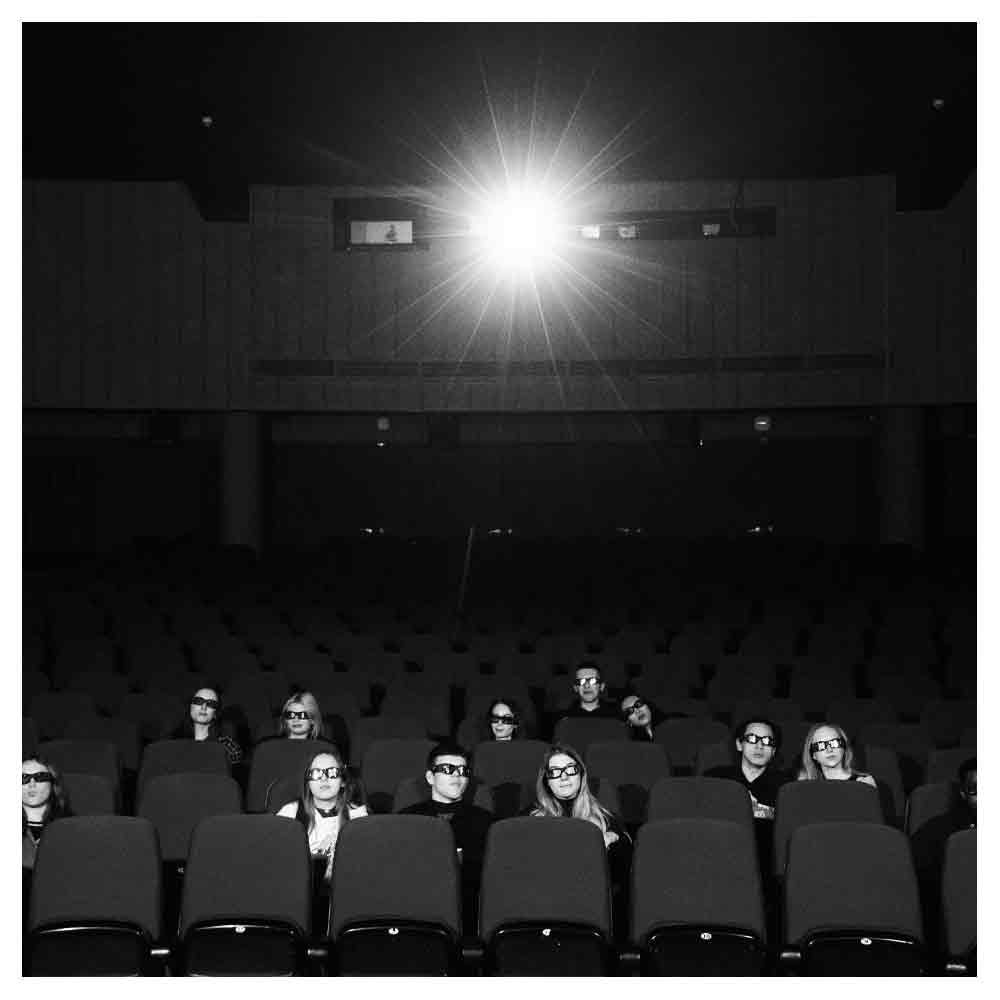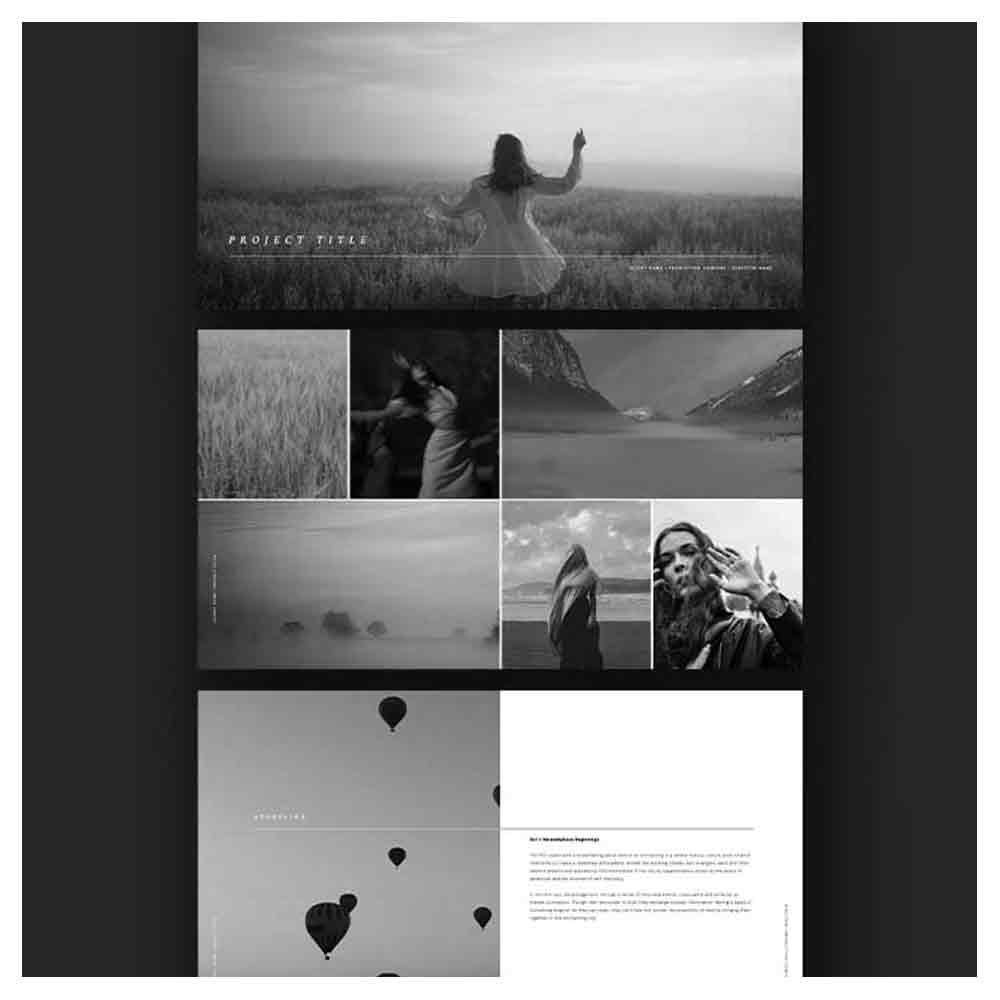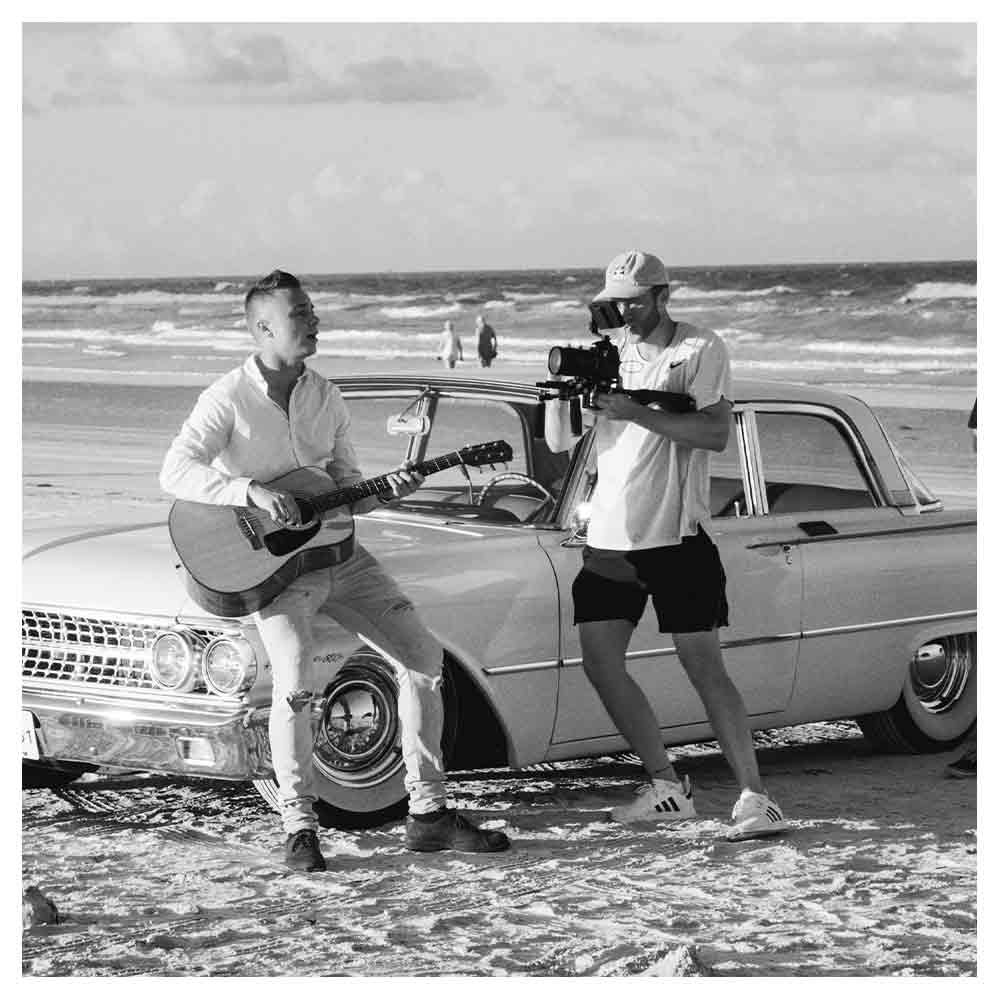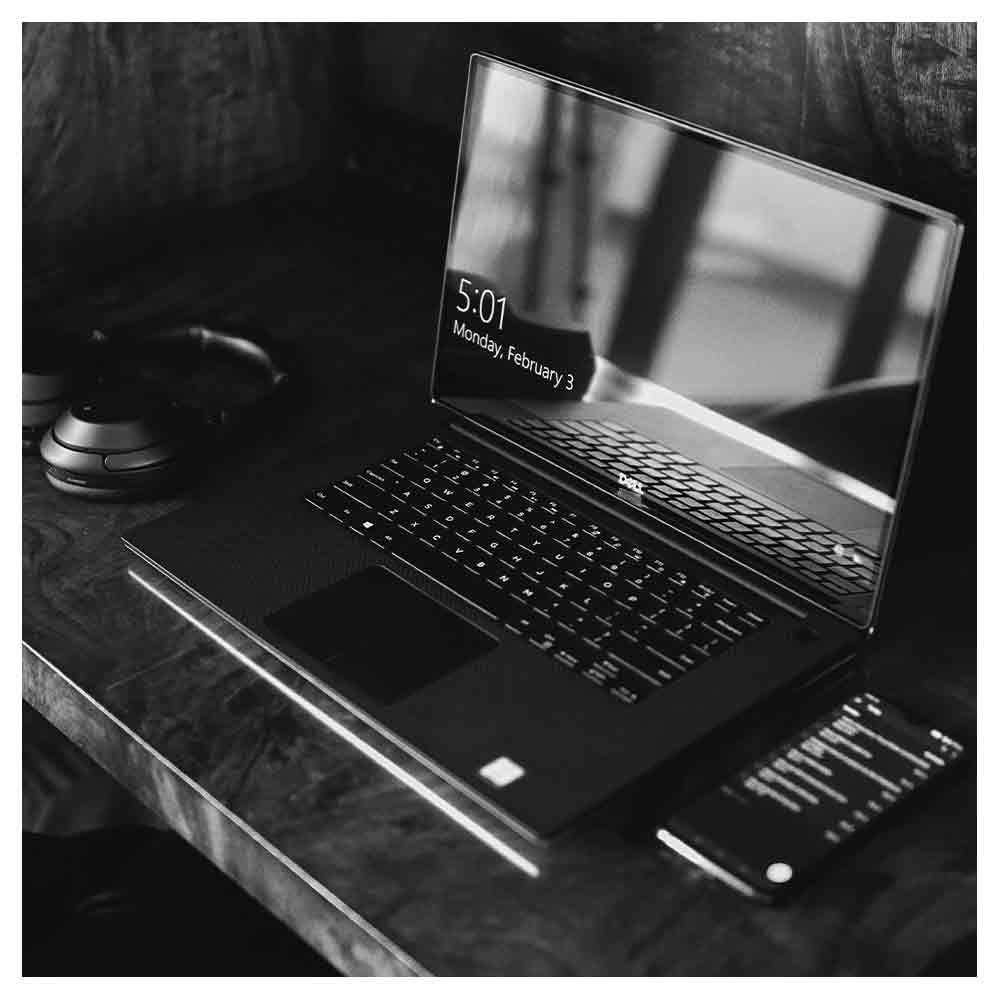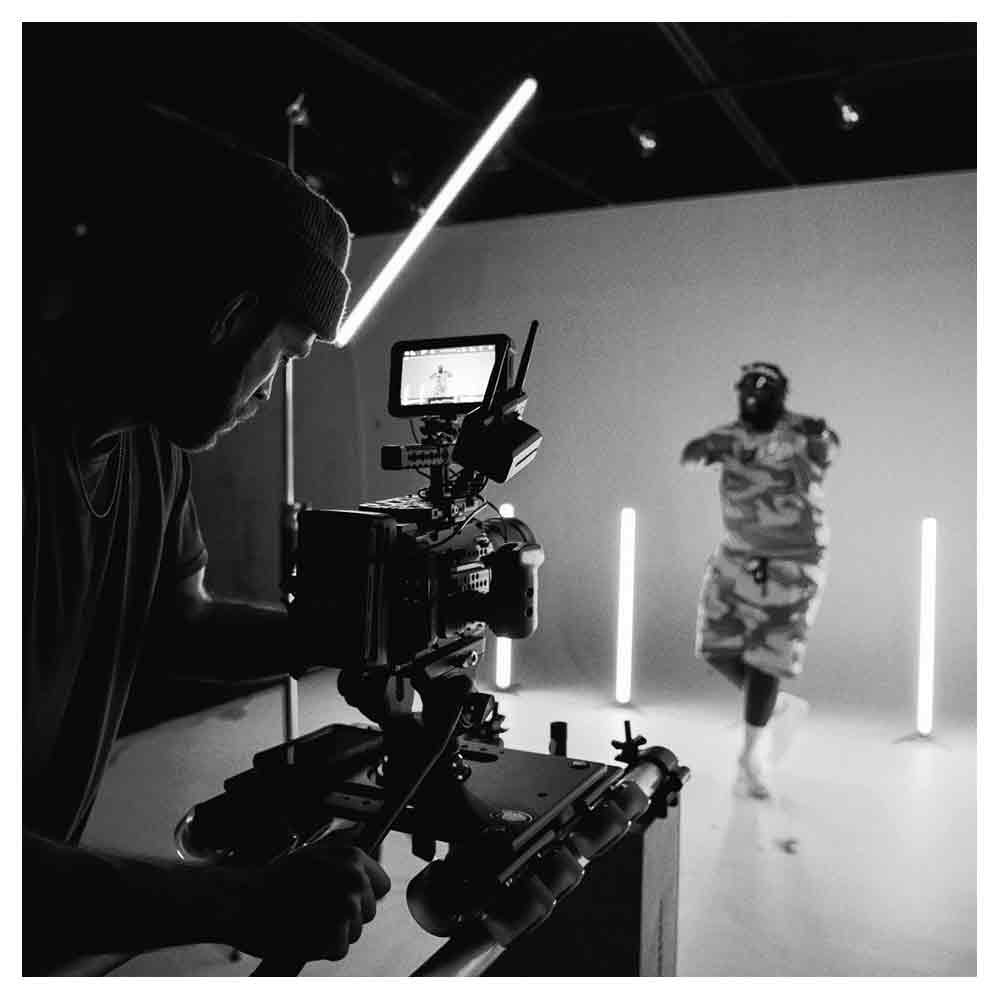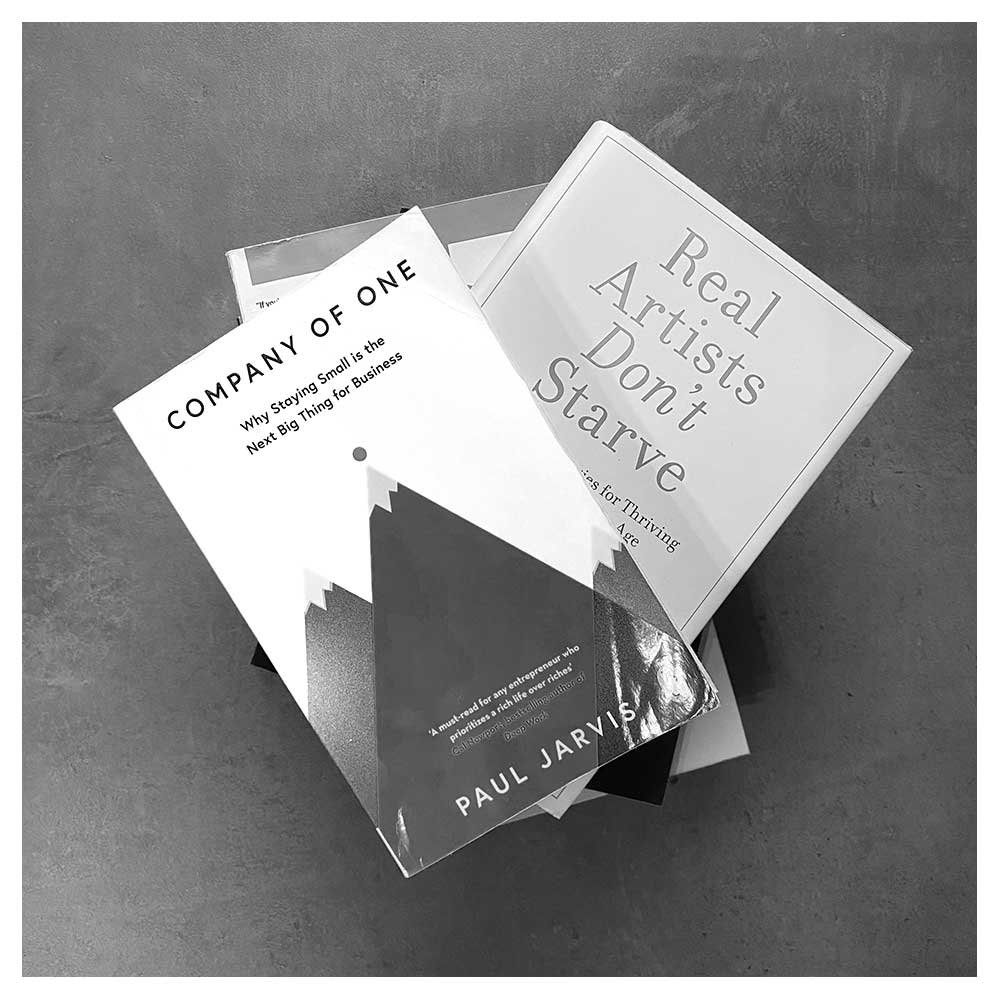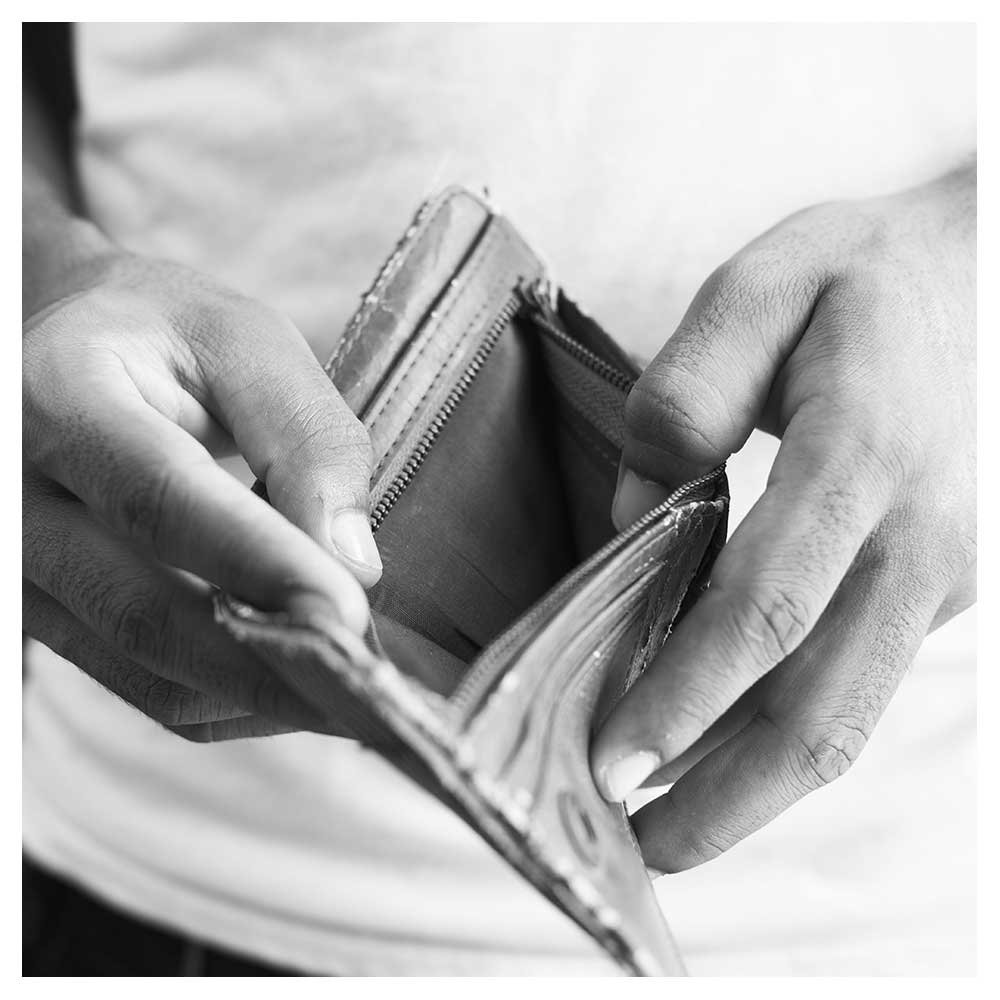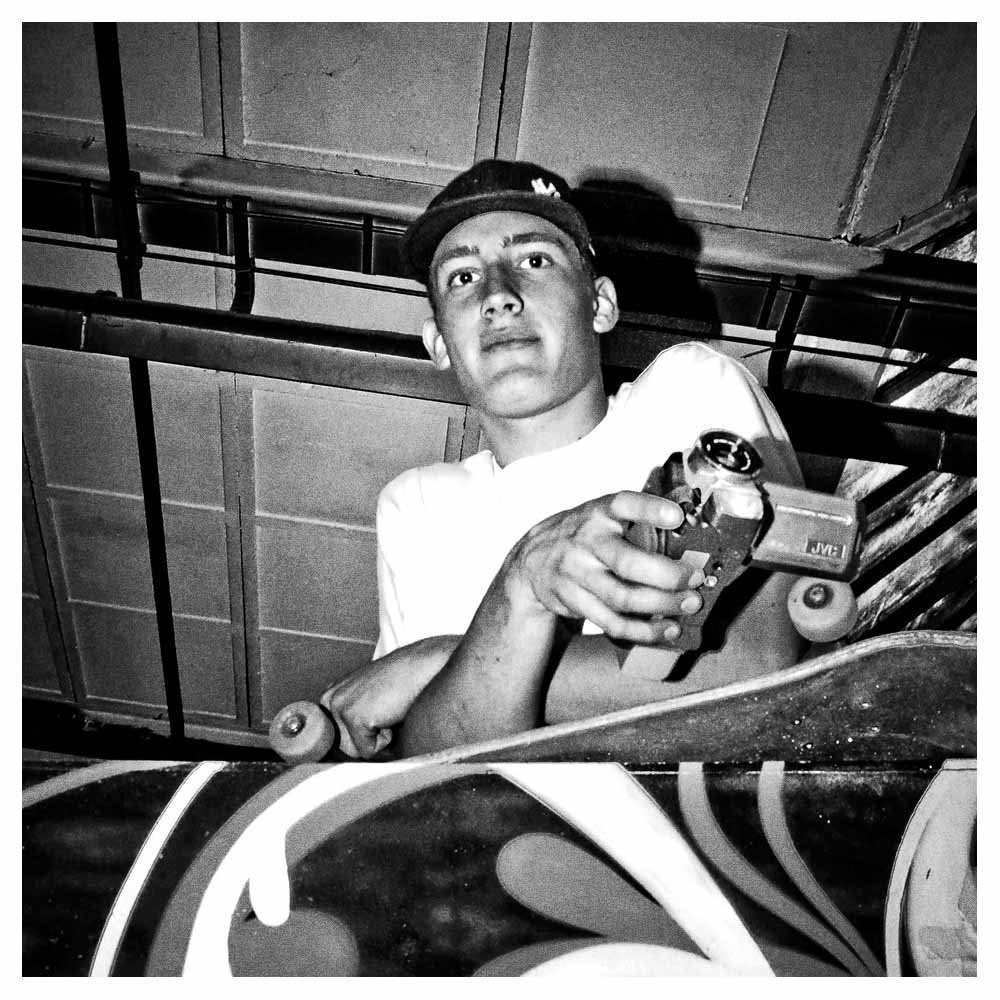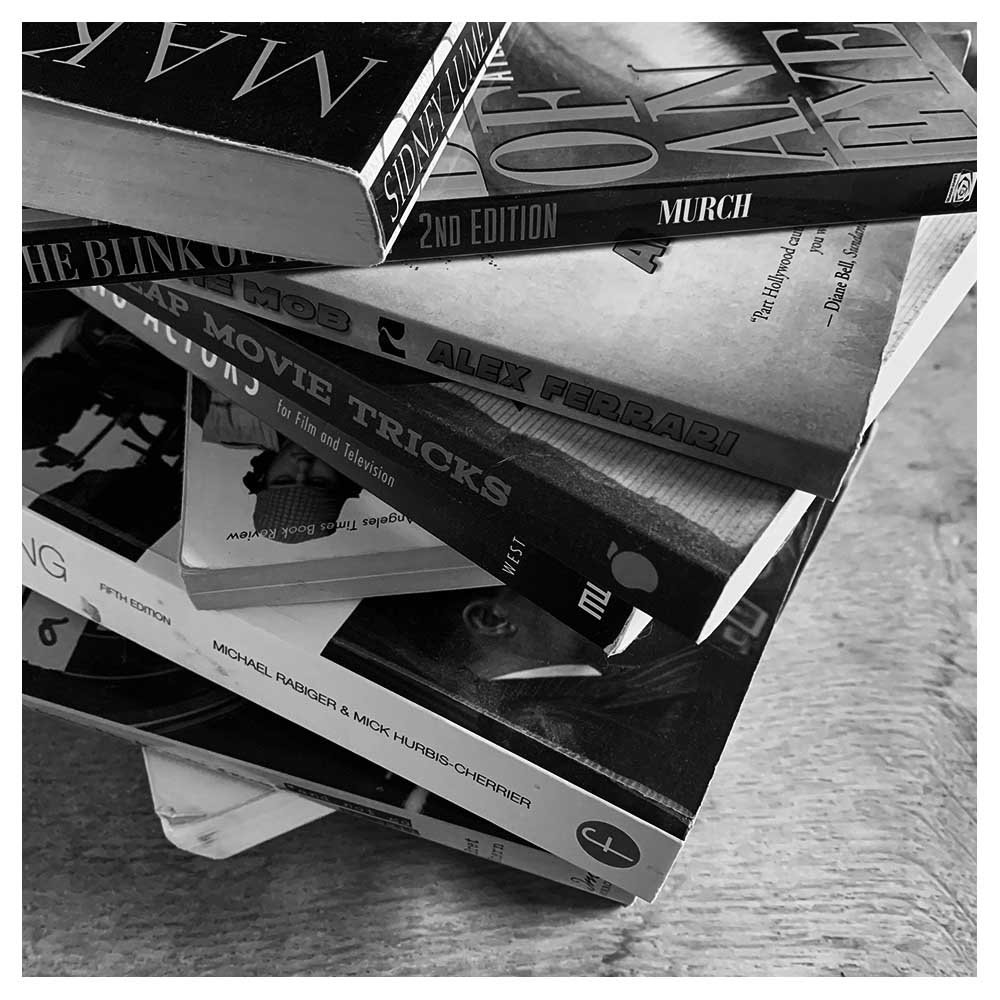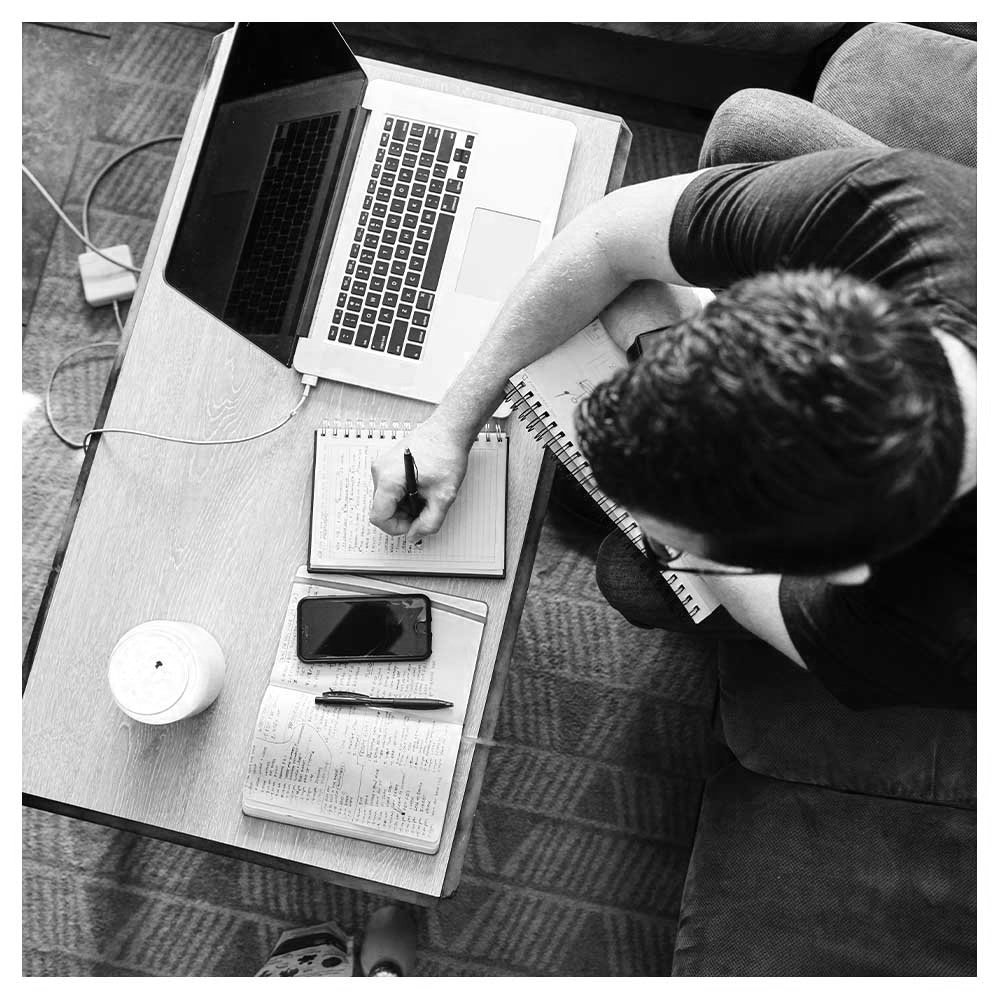How To Become A Filmmaker? My Journey to Becoming a Successful Filmmaker
In 2022, it's exactly 20 years ago since I picked up my parent's first digital photo camera and discovered it also had a video recording button.
Since then, working with a camera has taken me all over the world to develop dozens of hours of online content, commercials, documentaries, short films, teasers, trailers, and social media campaigns, you name it!
During those 20 years, I have experienced flying in private jets with superstar DJs while still going to school, living on the edge of bankruptcy, and everything in between.
In this article, I wanted to rewind the clock and tell you how to become a filmmaker by telling you about my career in filmmaking so far, including the ups and downs, the learnings, and my plans for the future.
Table of contents:
my first encounter with a film camera
Let’s take it back to where it all started, the city where I was born and raised in the Netherlands, Breda.
In 2002, at age 12, I spent a lot of time in a tiny skatepark just around the corner from where I lived with my parents and two younger brothers.
My parents bought their first digital HP photo camera at the time, and I started taking it to the skatepark to photograph my friend’s skateboarding tricks.
I soon discovered this digital photo camera also had an ultra-low-resolution film function, so photos were replaced for homemade skateboard movies.
My father introduced me to Windows Movie Maker, a free editing software package available on Windows XP, and I transformed my bedroom into my first editing cave.
In the first few years of creating videos, I learned most by experimenting, watching YouTube tutorials, and figuring out how other filmmakers created specific effects.
If I saw something I liked on TV, in a movie, or on the internet, I wouldn’t quit until I had found out how to recreate it myself.
I became addicted to creating all sorts of artistic and experimental films, and it didn’t take long before I started saving money for better camera and editing equipment.
I enjoyed experimenting with the raw footage, adding music, trying all the different transitions in the editing software, and the emotional thrill it gave me to see that powerful combination of sound and image coming together.
My first after movie experience
My camera became my travel buddy in the following years, and I took it everywhere.
School, surfing holidays, winter sports, skate trips to other skateparks across the Netherlands. I saw everything as an opportunity to try new things with my camera or editing software.
During my high school period, a few skating friends lived in an abandoned monastery where they built a mini skatepark.
They invited skaters from all over the country to party, chill, and skate on their private playground. Every weekend we would hang out there, and of course, I always brought my camera to capture the action.
In 2007, on one of those lovely summer evenings in the monastery, I came in contact with someone who promoted the local nightlife in my hometown.
This person invited my best friend and me to film and photograph the first local hip-hop festival in Breda that was taking place the next day.
We immediately said yes, captured the event, and I was instantly hooked on the nightlife and festival experience.
Starting my video production company
Via the person who promoted the local nightlife in my hometown, I got my hands on projects like promo videos for local bars, DJs, and festivals.
I really enjoyed creating these aftermovie projects because there were no rules on how to create them. These projects were an experimentation Walhalla and as a general rule of thumb: the crazier and more visually explosive I was able to make those videos, the better they were received!
In 2009, one of my skating friends advised me to start my own video production company to deduct tax when buying new camera equipment. One week after turning 19, I went to the chamber of commerce and started my first business.
My parents only had one condition: I was allowed to start that company, but I had to promise them that I would at least try to get a film school degree the following year so I would always have something to fall back on if my company failed.
I agreed, and after freelancing for one year doing all sorts of projects like capturing events, filming weddings, corporate videos, and even a funeral, I started studying at the HKU University of the Arts in Hilversum in August 2010.
Because I loved living in Breda so much, I stayed in my parent’s home while attending this art film school. But staying in Breda meant traveling 2.5 hours to school and 2.5 hours to return home five days a week.
So from 9-16h, I would be at film school, and in my travel and spare time, I would work on jobs for my company.
Most of the time, I filmed projects during the weekend and edited them during the week in busses, trains, libraries, offices, studios, train stations, standing up, sitting down—you name it, and I probably cut a project there.
Business took off
In that same film school college year, I also decided to send a message via social media to the after-movie and nightlife content king Charly Friedrichs, a.k.a. Final Kid.
I told him that I loved his work and that if he ever needed a helping hand in the future, I would be more than happy to jump on board his crew.
Not long after that, Charly invited me to meet him in his office in Amsterdam. After our meeting, he took me under his wing by teaching me all the ins and outs of editing and camera handling for the best after-movie results!
He allowed me to work on productions for DJ Fedde Le Grand, DJ duo Sunnery James & Ryan Marciano, and be part of the film crew of the music film ‘Can U Feel It.’ It was a dream come true experience!
In December 2010, DJ Hardwell asked me to join him on tour to create his online content, and my business started to take off.
At age 20, while still going to film school, I had to ask my teachers for their approval to legitimately skip lessons to tour the world in private jets and film in the world’s most expensive clubs and biggest festivals, which I wasn’t legally allowed to enter in some cases!
After getting my first year’s degree in the summer of 2011, I decided to quit film school and invest all my efforts in building my filmmaking business.
Of course, with permission from my parents and the promise that I would do everything it took to make it a success!
A Greek odyssey
In the summer of 2011, immediately after quitting school, I embarked on another crazy adventure in Greece to create one of the first online documentary series about one of the biggest party resorts in Greece, Starbeach in Crete.
This project was my first encounter with longer format productions. I had a carte blanche regarding the project's contents, and because I had zero experience with creating this type of content, I was more or less learning it the hard way while doing it.
Unfortunately, the project is not online anymore. But if you still want to glimpse what it was like, you can watch the project's trailer via this private link.
With three guys from art school, I traveled to Greece and lived there for one month while filming 12 hours a day for 29 days in a row.
When I got home, I spent five months in post-production—editing seven days a week, 12-14 hours a day, mainly during the night.
It was one of the most intense and exhausting projects I have ever worked on and one of the best learning curves for what would happen next.
The Hardwell adventure
After wrapping up my Greek adventure in February 2012, Hardwell asked me to join him on tour regularly to capture his life and start working on a long-format documentary.
In March 2012, the next insane roller coaster ride took off, and that one didn’t stop for four consecutive years.
From 2012 to 2015, I traveled in the most privileged ways possible to get to the most exclusive parties on the planet.
Breakfast in Amsterdam, lunch in Miami, and dinner in Las Vegas became business as usual. I slept in more hotel rooms every month and caught more flights than a regular flight attendant did.
During that period, I created many hours of online content for Hardwell and the two feature-length documentaries ‘I Am Hardwell - If You Can Dream It, You Can Do it (2013)’ and ‘I Am Hardwell - Living The Dream (2015).’ Both documentaries had a red-carpet premiere and were shown in cinemas in the Netherlands, Canada, and America.
When I wasn’t touring with Hardwell, I joined film crews all over the globe to capture the biggest festival’s aftermovies.
In the ten years of working in that industry, I captured everybody from Justin Bieber, Ariana Grande, Snoop Dogg, David Guetta, Madonna, Tiësto, P. Diddy, The Swedish House Mafia, Usher, Martin Garrix, and so many more from a few feet distance.
Looking back at that period, I believe I spent more time on the main stage than most artists. And all of it happened before my 25th birthday.
Time for a change
Until one day in 2015, I had enough of it. I saw Hardwell’s face more often than my girlfriend’s, and traveling was no longer fun. My own home felt like a hotel room, and I was tired of being surrounded by partying people all the time.
Besides that, I no longer wanted to register what was happening in front of the camera. I wanted to be in total control of what I was capturing.
And so, after touring the world multiple times, filming every big festival on earth, and creating two documentaries about the number one DJ in the world, I decided to walk away from everything I had built in the past and start all over again in the world of music videos and commercials.
I quickly noticed that my knowledge and skills were not at the level required to work on these types of projects. So I bought every book about filmmaking, film directing, and creativity I could find and forced myself to study again while trying to get my hands on new projects.
The hunt for different jobs
I noticed that the big projects I wanted to do were done by big film production companies—businesses that facilitate the logistics of film production.
I also noticed that these companies had a select few directors on their websites to whom the jobs were awarded. So, I started a hunt for a film production company to attach my name to get my hands on big commercial and music video projects.
I knew that sending an email would make me one of many others if I wanted to get my foot in the door. I needed to take a personal approach.
So, I made a beautiful hard copy of my portfolio and physically knocked on as many production company office doors as I could in Amsterdam and London.
Every time the receptionist answered the doorbell, I said I had a package so they would let me in, and once inside, I told them that I worked as a director and wanted to discuss a potential collaboration.
Although I had a few pleasant conversations, they didn’t get me the desired results. The producers kept telling me I had to continue building my portfolio reel.
I went back home, took their advice at heart, and asked Hardwell’s manager if she could introduce me to Hardwell’s sponsors, one of which was the jewelry brand Buddha to Buddha.
Luckily, the marketing managers at Buddha to Buddha were planning a new marketing campaign for the year, and one week later, I won the pitch for that campaign!
But even better, I found out that my competitors for this pitch were some of the directors from the film production companies that told me I had to work on my portfolio. Hilarious!
Unfortunately, even after creating several commercials for this jewelry brand in 2016, the production companies still had no real interest in collaborating with me. I decided to continue the journey without a production company and produce everything myself.
On the edge of bankruptcy
In 2016 and 2017, my project hunt slowly started to take off with projects for adidas, Absolut Vodka, and a local fashion designer. The advantage of producing everything yourself is controlling the money flow and deciding how to invest the money.
So with every project, I tried stretching my budget to the absolute limit to make the most stunning result possible so I could impress potential future clients and land the next, bigger project.
The downside of this approach was that I was hardly making any money and lived on my financial reserves. That all went well until halfway through 2017, I had depleted most of my financial resources.
After investing every cent for almost 20 months straight with no new job opportunities on the horizon, I had to make a few rational decisions.
I had to break up the rental contract for my office because I couldn’t pay the rent anymore.
I sold my car, most of my furniture, camera equipment, and almost every possession I had but didn’t need. It was a mentally frustrating period to live on the edge of bankruptcy.
Luckily, small jobs, like social media campaigns and other mundane projects, kept crossing my path from time to time, which allowed me and my company to stay alive and floating.
A difficult time
From 2017 to 2019, I kept trying to get my foot in the door at brands, music labels, and production companies.
I managed to join many project pitches, which involved creating director treatments—visual documents that help you sell your filmmaker's vision for the project.
But because I didn't know how to approach the creation of those documents in a pitch-winning fashion, I lost dozens of opportunities along the way. Although I could get better at creating director treatments and winning more pitches, none of them helped me get to where I wanted to be.
And to be honest, I think that's also because I didn't even know where I wanted to be anymore. I felt like a ship drifting in the ocean with a course to sail.
I started doubting whether I had taken the right decision to walk away from everything I had built in the aftermovie and nightlife scene.
I closed that door because I wasn't enjoying creating those projects anymore, but this new direction didn't feel right either.
The coronavirus change
When the coronavirus took over the world in 2020, I decided something had to change in my approach. I could no longer continue on this same unfulfilling and destructive path.
Something had to change dramatically if I wanted to stay sane and live without money struggles for the rest of my life.
I concluded that pitching and hoping people would always award me projects because they liked me or thought I had a cool portfolio was not a sustainable business model.
I no longer wanted to depend on people to allow me to work on projects for them. I wanted to build a self-sustainable business that could function without selling time for money all the time.
Earlier that year, hyper-lapse photographer Matthew Vandeputte a.ka. Matjoez, one of the guys I had collaborated with on the I Am Hardwell documentaries, had just released an e-book about passive income for creatives. That sounded like music to me!
And so, during the coronavirus lockdowns, I walked away from the film industry for the time being and went full steam ahead in building revenue streams that allowed me to make money via a different route.
I started reading many books about building a successful (online) business, mindset, investments, and (online) marketing. In this article, you can read how this adventure started and how I eventually turned this website, the one on which you are reading this blog article right now, into a money-making platform that allows me to make money while I sleep.
My business plans for the future
And here we are today, in 2022! Twenty years after, I picked up my parent’s first digital camera.
I sometimes wonder what would have happened if my parents had never bought that camera or if that camera didn’t have a video recording button.
Maybe I would be doing something entirely different today, or I would have started a career in filmmaking via a different route. Nonetheless, I’m happy everything happened the way it did.
It’s been a wonderful and sometimes bumpy ride. Still, I have been so privileged to see and visit so many beautiful places, collaborate with so many brilliant people, and learn many beautiful lessons along the way.
The most recent lesson is realizing that I don’t want to keep selling my time for money as a primary source of income. I no longer want to work insane hours as a freelancer to create something for someone else.
Only to deal with many revision rounds and politics, in the end, resulting in results I don’t support with my name still attached to it.
Instead, I’d like to invest insane hours in creating a scalable self-sustainable business that allows me to grow into a position where I can only choose to work on a few time-selling projects if I love the opportunity.
I would love to reach a stage somewhere within the next ten years whereby I’m no longer dependent on selling time for money but whereby money gives me the freedom to do whatever I want to with the time I have in this life.
My plans for getting to this point are already set in motion, and I will keep you updated from time to time on how things progress.
I hope my journey of getting there will inspire and enable other creatives to reach the same destination someday, so we can all enjoy a better and far more creatively fulfilling life while working on the projects we want to create.
Frequently Asked Questions About how To Become A Filmmaker (FAQs)
What is the first step to becoming a filmmaker?
Watch lots of films in different genres and styles. Understand what kind of stories you want to tell and start making short films with a smartphone or basic camera. This initial step is crucial for developing your storytelling skills and defining your creative vision.
Do I need to go to film school to become a filmmaker?
Film School Pros and Cons:
Pros: Provides formal education, access to equipment, and networking opportunities. You learn the technical aspects of filmmaking from industry professionals.
Cons: Can be expensive. Not mandatory for success.
Alternative: There are plenty of online resources, courses, and tutorials that can provide a solid understanding of filmmaking at a lower cost.
How can I gain real filmmaking experience?
Start Small: Create short films, music videos, or documentaries. Use these projects to learn and demonstrate key filmmaking skills.
Network and Collaborate: Work on other filmmakers’ projects as a production assistant or other roles. This hands-on experience is invaluable.
Seek Internships: They open doors to industry events and career opportunities, giving you a chance to learn from master filmmakers.
What skills do I need to develop to be successful?
Technical Skills: Learn about camera operation, lighting, sound, and editing. Master the tools and software needed for film production.
Storytelling Skills: Develop the ability to write scripts and understand narrative structure. Learn how to convey emotions and messages through visual storytelling.
Business and Networking Skills: Know how to pitch your ideas, secure funding, and market your films. Building relationships within the industry is key.
How important is networking in the film industry?
Essential for Growth: Networking helps you meet mentors, join projects, and find work. Attend film festivals, industry workshops, and seminars to connect with other filmmakers and professionals.
Build Online Presence: Utilize platforms like Vimeo, YouTube, and social media to showcase your work and connect with a global audience.
What role can film festivals play in my career?
Showcase Your Work: Film festivals are a great platform to present your films and get noticed by critics and distributors.
Networking Opportunities: They allow you to meet other creators and industry insiders, which can lead to new opportunities and collaborations.
How do I sustain a career in filmmaking?
Continuously Seek Opportunities: Always be creating and showing your work. Adapt to new technologies and trends in the industry.
Stay Educated and Adaptable: Keep learning through workshops, online courses, and by exploring new aspects of filmmaking.
Persistence and Resilience: Filmmaking can be challenging. Stay dedicated, accept feedback constructively, and continuously refine your craft.
Any tips for making my own films on a budget?
Plan Meticulously: Write a tight script, and plan your shots to minimize shooting days.
Use What You Have: Start with available resources—friends as actors, borrowed locations, and free editing software.
Crowdfunding: Consider raising money through platforms like Kickstarter to fund your film projects.
What's the best way to learn from other filmmakers?
Watch and Analyze Films: Study films by your favorite directors to understand their techniques and approaches.
Participate in Film Communities: Join online forums, attend local film clubs, and engage in discussions to gain insights and advice.
Work Under a Mentor: Working closely with someone experienced in the industry can provide hands-on experience and valuable lessons in film direction.
How do I turn filmmaking from a passion into a career?
Create a Portfolio: Build a compelling reel of your work to showcase your talents to potential clients or employers.
Gain Diverse Experience: Work in various roles on film sets to understand different facets of production.
Professional Development: Invest in your education and skills continuously to keep your work relevant and maintain a competitive edge in the industry.






